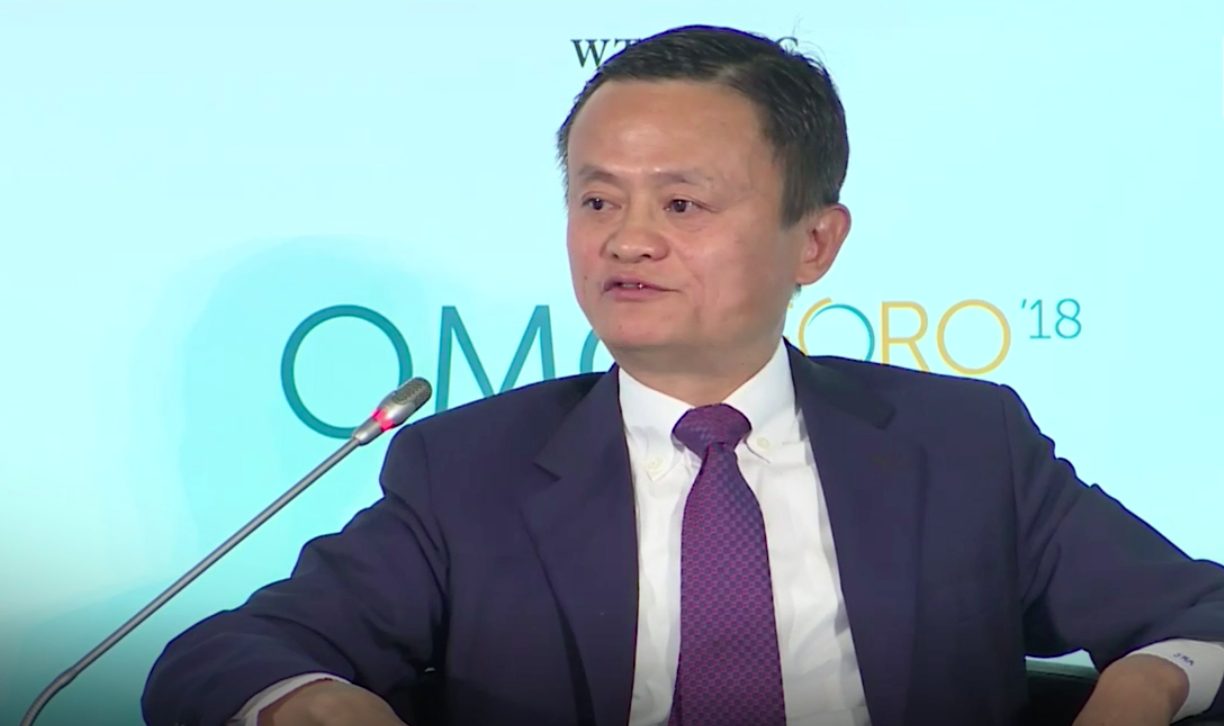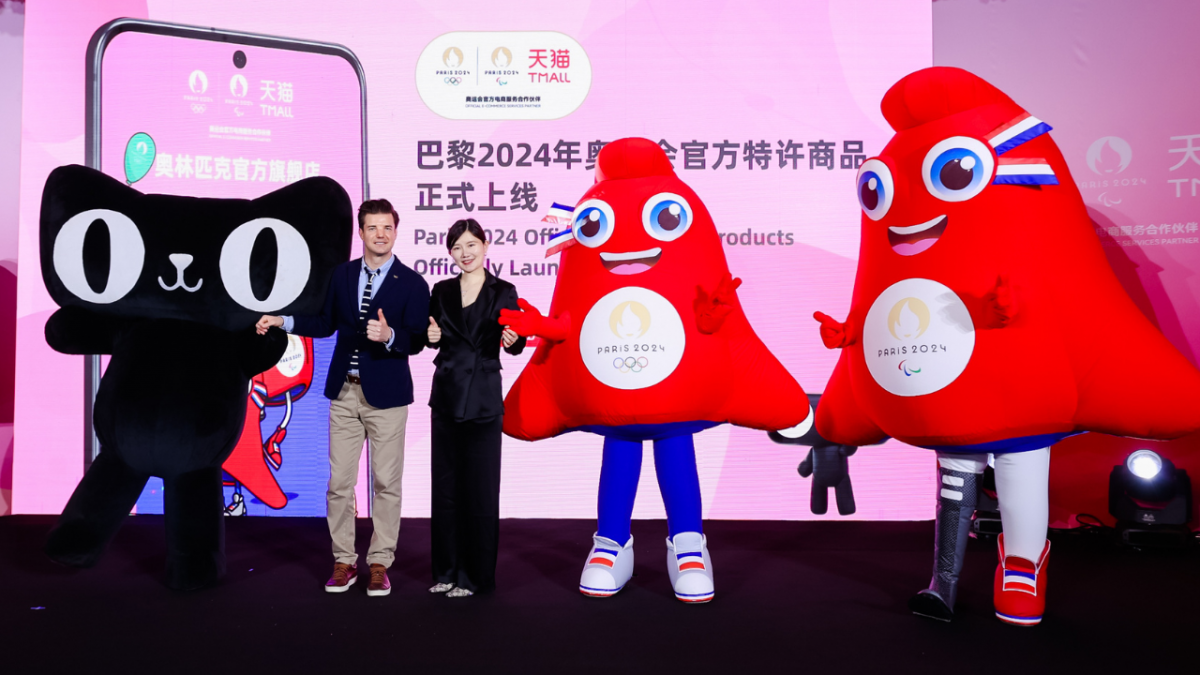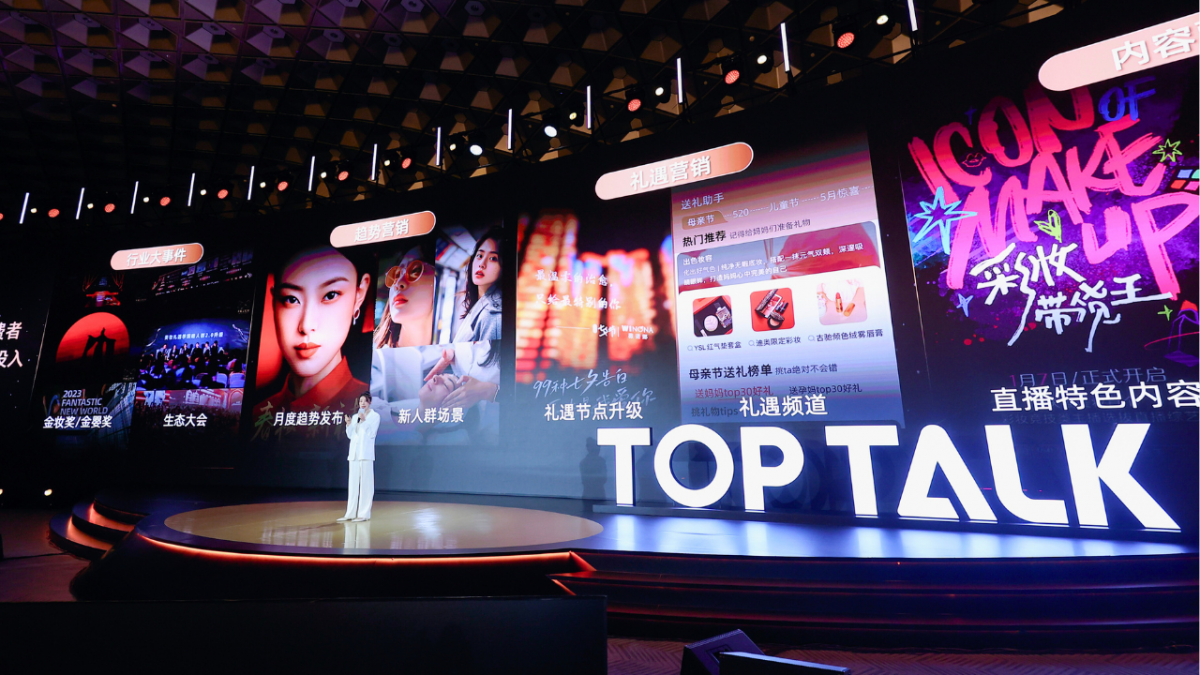
The world needs better and upgraded trade rules, not just more, or more-restrictive ones, Jack Ma said late Tuesday.
“The rules we make should make more people benefit, more countries benefit. They should make the world more inclusive,” Ma told attendees of the World Trade Organization Public Forum in Geneva.
Ma sat on a panel earlier in the day where he pondered the future of trade, telescoping out all the way to the year 2030 and answered questions from the audience. But during his speech, while he urged countries and their trade representatives to keep talking and broaden the stakeholders and the topics they cover, he said the time has come to do something.
“Today, as we gather here, we do not just want to talk. We want to take action,” Ma said. “If there is talk, it should be a talk among business people. We should not only talk about e-commerce. We should talk about how we can encourage every country, every people, every business to be involved in this. And we should not only talk. We should build and we should create.”
Ma said that we’re currently in the midst of a technological revolution that sets today’s world apart from anything we’ve seen before. While trade several centuries ago was dominated by a few kings and queens, and trade rules have benefited about 60,000 large companies for the past 30 years, the future belongs to entrepreneurs and small businesses.
“Trade is going to have tremendous reforms and changes,” Ma said, predicting that in the future, 99% of all trade fairs and transactions will move online. “In the past, it was about containers. In the future, trade will be accomplished by packages across the world. In the future, there will be no ‘made in China,’ no ‘made in America,’ only ‘made in Internet.”
In the world’s last technological revolution, Ma said only 20% of companies and nations benefited. The coming technology revolution will tip that to 80%, with the bulk of the beneficiaries comprising small businesses and developing nations.
“In the last century, trade rules were made for 20% of the big companies to drive the prosperity of the world. In future, millions of sellers, thousands of millions of small businesses, billions of consumers, they will be the drivers of the global economy,” Ma said. “If they are successful, the world will be successful.”
Inclusiveness, Ma said, hinges on having rules simplified and forward-looking to a point where anyone who needs to reach the market, who needs trade financing, who needs logistics and infrastructure to conduct commerce, has access to it. Without inclusiveness, the issue of trade protectionism can rear its head, Ma said.
“We need to protect trade. We don’t need trade protectionism,” he said.
Ma described today’s e-commerce as just a first chapter in what’s to come. He sees the day when consumers will tell businesses what they want, rather than passively receiving what they’re offered.
In closing, Ma called for cooler heads to prevail when it comes to trade rules and negotiations. Getting trade and e-commerce right serve as a benefit to individuals, markets, economies and countries.
“Trade is not a weapon. Trade is not for wars. Trade is for keeping the world peace. Nobody wants a war,” he said. “What we must try to do is ensure e-commerce rules and laws protect trade, protect globalization, to build this world more inclusively. To build this world, everybody, any country, any size of business can benefit from e-commerce.”




